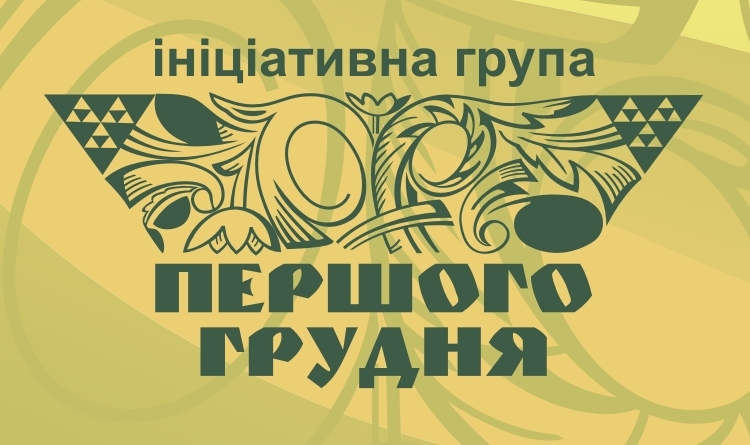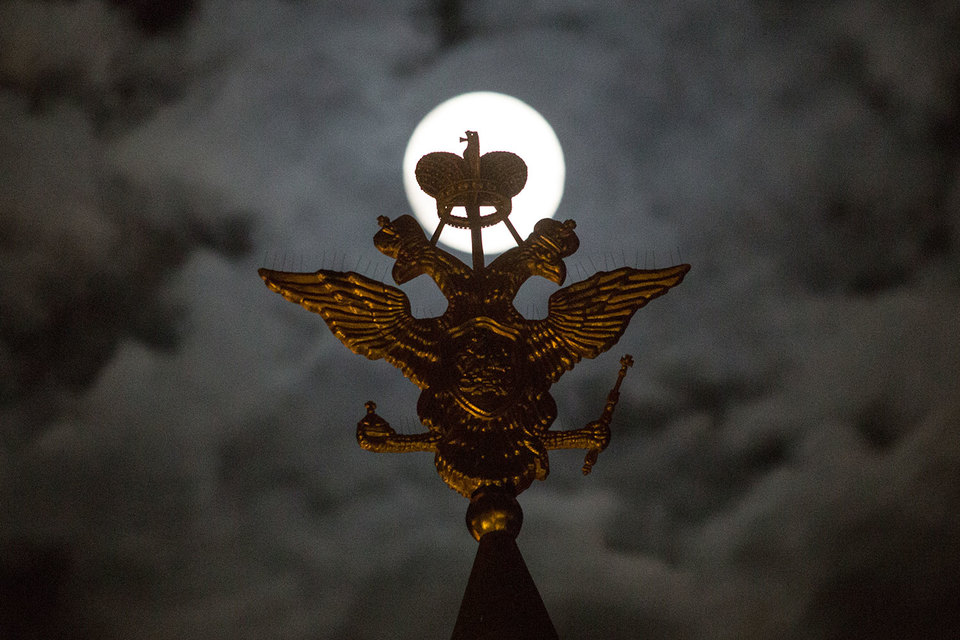In declaring the Jehovah’s Witnesses an extremist organization, Vladimir Putin’s regime is following in the steps of Hitler and Stalin both of whom sought to extirpate this religious group. Neither was successful, and Putin is unlikely to be either. But his moves against it represent another attack on religious freedom and freedom in general in Russia.
Yesterday, the Russian Supreme Court declared the Jehovah’s Witnesses an extremist organization on the basis of a complaint by the justice ministry, banned its continued functioning on the territory of the Russian Federation and transferred all the property of the religious organization to the state.
In Russia today, this could not have happened without the approval of Vladimir Putin and so he must be held accountable for an action that echoes the efforts of earlier dictators to wipe out the Jehovah’s Witnesses, efforts that not only have been ineffectual – the Witnesses have simply gone underground – but have been denounced as a threat to the freedom of all.
Yegor Sedov pointedly entitled his commentary, “Those Hitler Repressed Have Been Declared Extremists in Russia,” and suggested those behind the case in Russia were behaving in exactly the same way the Nazis did. At the same time, he said, the new ban is unlikely to stop the 175,000 Witnesses in Russia.
Other experts on religious affairs agreed, pointing out that the Witnesses had learned how to work under repressive regimes in Nazi Germany and the Soviet Union and would do the same now under Putin (see newsland.com, blog.oup.com and rbc.ru).
And still a third group – Lev Levinson is emblematic of its position – argued that Russians must see the attack on the Jehovah’s Witnesses as an attack on all of them because without freedom of conscience and religious belief, there is no religious freedom and consequently no freedom in general.
Related:
- “Syrian strikes transform Trump from ‘ours’ to ‘another Hillary'” and other neglected Russian stories
- ‘Putin is the Bin Laden of today’ and other neglected Russian stories
- Three religious developments in Eurasia with more than religious implications
- Religious persecution continues in occupied Donbas








